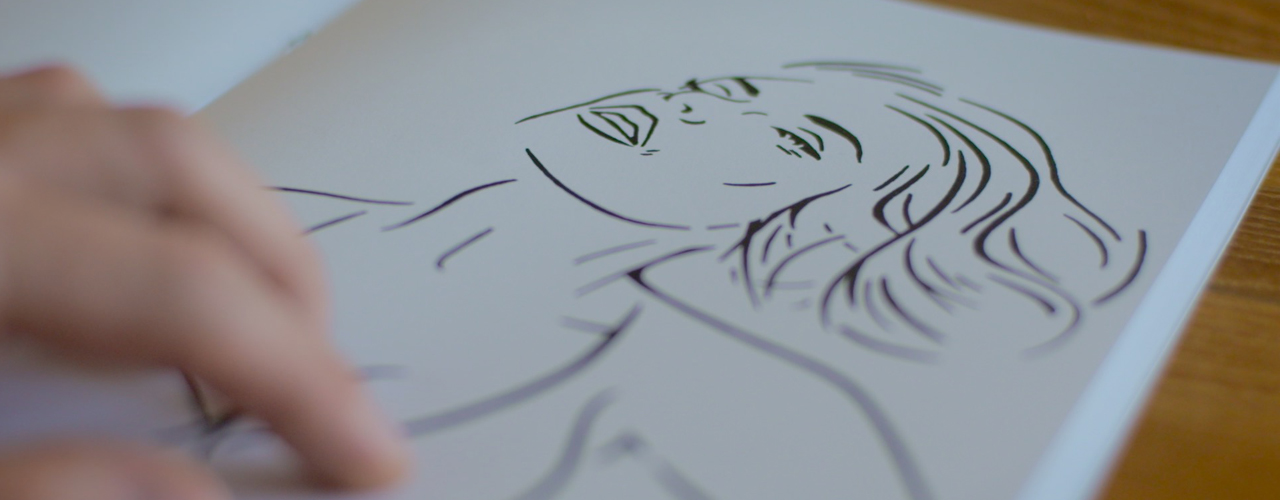You wouldn’t believe it, would you?
Here are some examples which show us how a simple VAT issue becomes a VAT trap.

You wouldn’t believe it, would you?
Here are some examples which show us how a simple VAT issue becomes a VAT trap.


Why it makes a difference whether it is a father or his son who enjoys working on a colouring book.
Imagine a colouring book, containing innocent motifs such as animals, cars or houses. Obviously, it’s a book for children – at 7%. But what if it is aimed at fathers? And he suddenly has other things to colour in (you know …). Is the rate then 19%? Our partner, Eveline Beer, will be happy to provide you with more information about this “picturesque” case.



Why companies can also identify with a “clean“ business.
Basically, a chain transaction is fairly simple. A sells to B and B sells to C. But what happens if one of the parties involved has no VAT-ID.-No.? Well – we solved that problem. And, incidentally - we ensured that the VAT Act was amended accordingly – in Germany and in many other European countries.
Please feel free to contact our partner, Dr. Thomas Streit, for more information.



Why the idiom: “money does not smell“ applies to VAT, too.
It does not look like much: the amount of money on a restroom attendant’s plate. But does VAT become due? Good question. Particularly, where the attendant is employed by a company with more than 300 employees, who collect thousands of euros each day for their employer. Our partner, Ronny Langer, will be happy to give you the answer to this question.



Here is why you should sometimes treat your customers like goods.
The Oertel case: A private hire vehicle transporting people was deemed to be a taxi, and was taxed accordingly. We imagine that’s what you would think too. The Court of Justice of the European Union and the Federal Fiscal Court, however, did not. The case deals with, amongst other things, the question of whether people can be declared as goods. One of our partners, Professor Dr. Thomas Küffner, will be happy to provide further information about this case to you.



Why a royal decree from the year dot makes a fine wine even more delicious.
Let’s put it this way: The Queen of England is responsible for it. Not the Queen who currently rules England. One of her predecessors decided that there should be warehouses for wine, which are located in England but are considered to be extra territorial. To this day, they do not need to have a VAT-ID-No. This gives rise to an interesting legal situation, in particular for our client who purchased very expensive wines there. In a landmark case before the German Fiscal Court, we established that he was able to account for the wine as being tax-exempt.
Our partner, Dr. Christian Salder, will be happy to explain to you how we made that work.



Why club-mania can be the wrong approach when invoicing.
Those who work in the field of elderly care do not earn half of what they deserve. What’s worse is, when such a person is asked to pay just because he or she made a minor accounting error. A geriatric nurse erroneously invoiced her supplies to a club instead of the welfare authorities and was therefore required to pay unduly high taxes. We enjoyed helping out in this case. Our partner, Professor Dr. Thomas Küffner, will explain to you how we managed to persuade the Federal Fiscal Court to see things differently.



What has using an officially approved regular bus service for a city tour to do with avoiding paying taxes?
We don’t take a city tour in order to arrive somewhere, rather we want to have fun. This means that we are informed and entertained during the ride. But is that enough to impose another tax rate on a city tour as opposed to a ride on a public bus? Not quite: One key requirement is missing. That’s where the officially approved regular service comes in. Our partner, Professor Dr. Thomas Küffner, will be happy to explain to you what that’s got to do with it.
